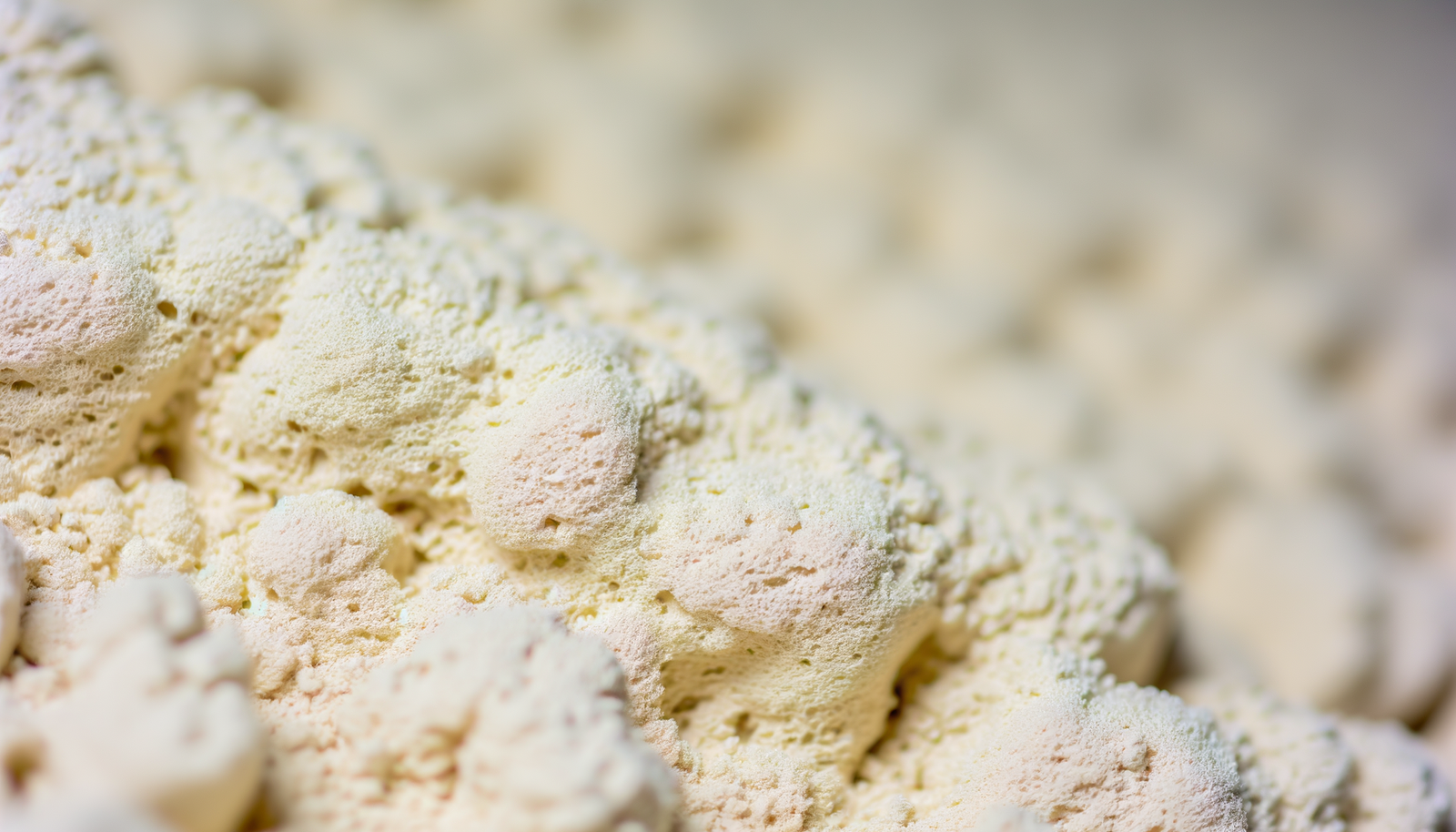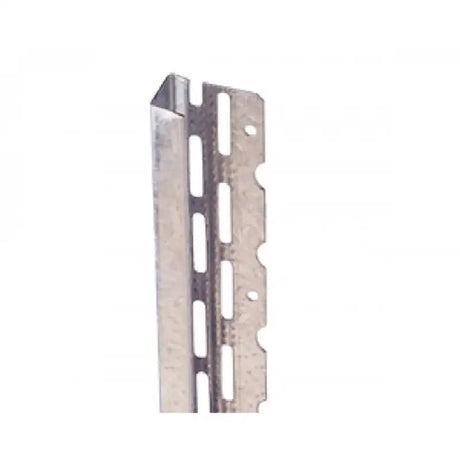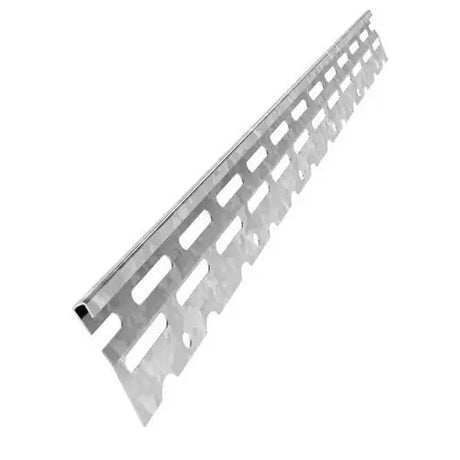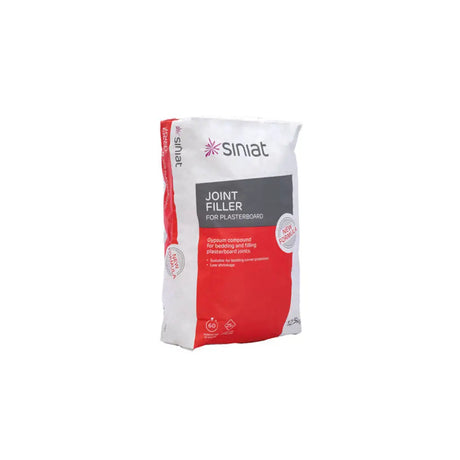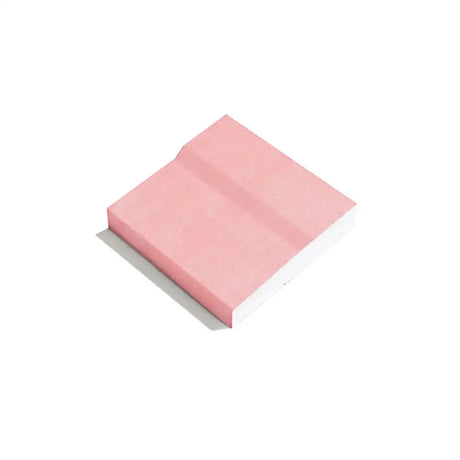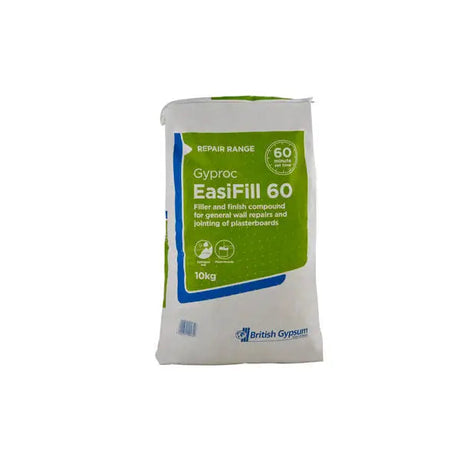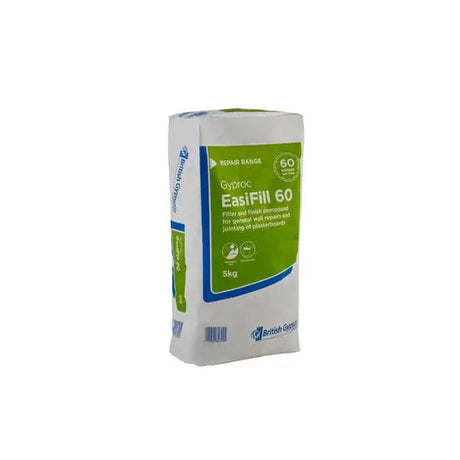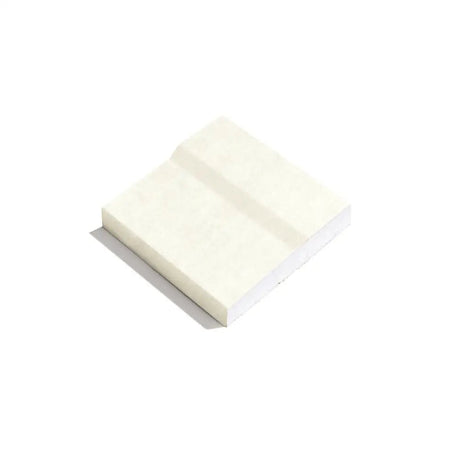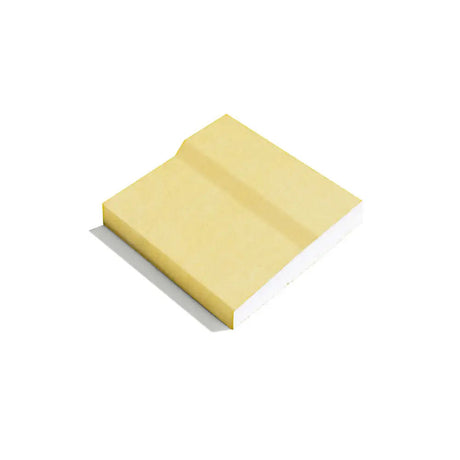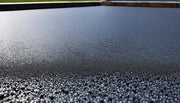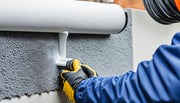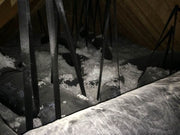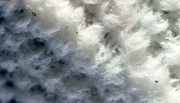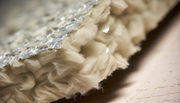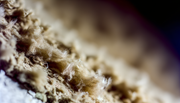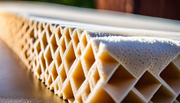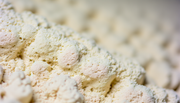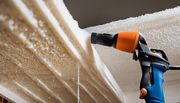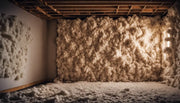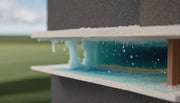Exploring the Benefits of Using Spray Foam Insulation in Mold Prevention
When it comes to insulating commercial and industrial buildings, a prime concern is often how to manage and prevent mold growth. That's where spray foam insulation comes in – not only does it serve as an effective insulator, but it may also have properties that help ward off mold. To shed light on this, let's explore the connection between spray foam insulation and mold prevention.
Mold thrives in moist environments, and insulation plays a crucial role in controlling the humidity inside a building. With the right insulation, you can keep your premises drier and less hospitable to mold. But, does spray foam insulation mold in the process of offering these benefits? Let's dive into the details to understand how spray foam insulation can be a game changer in the fight against mold.
Benefits of Spray Foam Insulation for Mold Prevention
Spray foam insulation, specifically the closed-cell type, is recognized for its ability to resist moisture. This can be a major advantage in preventing mold growth. Here's a quick look at why spray foam insulation can be an ally against mold:
- Moisture Resistance: Closed-cell spray foam is impermeable to water, which means it can help keep moisture at bay, reducing the risk of mold formation.
- Air Sealing Qualities: By creating an airtight seal, spray foam insulation reduces the flow of humid outside air into the building, further mitigating mold risk.
- Structural Integrity: Spray foam can enhance the strength of your walls, making them more resilient to water damage and the associated mold issues.
Let's break down the benefits in a table:
| Benefit | Description |
|---|---|
| Moisture Resistance | Acts as a barrier to water and dampness, which are essential conditions for mold growth. |
| Air Sealing | Seals nooks and crannies to prevent warm, moist air from entering and condensing inside walls. |
| Enhances Structural Integrity | Adds rigidity to walls, discouraging water accumulation that could lead to mold. |
Understanding the Properties of Spray Foam Insulation
To appreciate how spray foam can help prevent mold, it's important to understand what goes into this material. Spray foam insulation contains a mixture of chemicals that react and expand, filling gaps and providing a high level of thermal resistance. However, it's not just about keeping the heat in or out; it's also about creating a barrier against the moisture that can lead to mold growth.
For a detailed look at these chemicals and how they work, consider exploring products like Handi-Foam A & B Set and options available at Insulation & More, such as Froth-Pak Spray Foam and its accompanying nozzles or the gun and hose assembly crucial for installation.
Potential Issues and Considerations
While spray foam insulation offers excellent resistance to moisture and mold, it's not without potential issues. It's essential to apply the insulation correctly to prevent any problems like improper curing, which might contribute to moisture accumulation. Furthermore, while closed-cell foam is generally water-resistant, open-cell foam may not provide the same level of protection against moisture and, by extension, mold growth.
Here's a brief list of things to consider:
- Ensure proper application and curing.
- Choose closed-cell spray foam for moisture-prone areas.
- Monitor for any signs of improper installation that could lead to moisture issues.
For more insight into these potential issues and professional advice on ensuring a mold-resistant application, articles on the dangers and the problems with spray foam insulation can be illuminating.
The Verdict on Spray Foam Insulation and Mold Prevention
Considering the benefits and potential issues, does spray foam insulation mold over time? The answer leans toward no, particularly when it comes to closed-cell foam. Its properties make it a formidable barrier against the moisture that mold needs to flourish. As long as installation and maintenance guidelines are appropriately followed, spray foam insulation can be an effective tool in mold prevention strategies.
Whether you're considering polyurethane insulation for your commercial project or looking for specific product recommendations, keeping mold at bay is critical. Sealing your building with quality spray foam insulation might just be the protective step your building needs. To help safeguard your investment against the threat of mold, start exploring the wide array of spray foam products and information at Insulation & More. It's not just insulation; it's peace of mind against the persistent threat of mold.
Frequently Asked Questions
Does spray foam insulation completely prevent mold growth?
While spray foam insulation is highly resistant to moisture, which can help prevent mold growth, it does not guarantee complete mold prevention. Proper installation and building maintenance are also critical to effectively control moisture and thereby reduce the risk of mold.
Can mold grow on the surface of spray foam insulation?
Spray foam insulation, especially the closed-cell variety, is not a food source for mold and is designed to resist water. However, if the surface of the foam collects organic debris and moisture, it could potentially support mold growth.
What type of spray foam insulation is best for preventing mold?
Closed-cell spray foam is typically the best option for preventing mold because it has a higher resistance to water and moisture compared to open-cell spray foam. Closed-cell foam also adds to the structural integrity of the walls, providing further defense against mold.
Is spray foam insulation safe for air quality regarding mold concerns?
When properly installed, spray foam insulation is safe for indoor air quality. However, if not mixed or applied correctly, it can lead to off-gassing or improper curing, which might create conditions conducive to mold growth.
How does spray foam insulation's moisture resistance compare to other types of insulation?
Spray foam insulation is often superior in moisture resistance compared to traditional insulation types like fiberglass or cellulose. This makes it a more effective option for mold prevention in humid or moisture-prone environments.
What should be done if mold is found on or near spray foam insulation?
If mold is discovered on or around spray foam insulation, it's crucial to address the moisture source causing the mold. Removal of the mold should be handled by professionals, and the insulation should be inspected to ensure it's still performing effectively.
Can existing insulation be replaced with spray foam to help control mold?
Yes, replacing existing insulation with spray foam can be a strategic move to control mold, especially if the current insulation is water-damaged or ineffective against moisture. Spray foam's air-sealing properties can improve the overall moisture management of the building.

